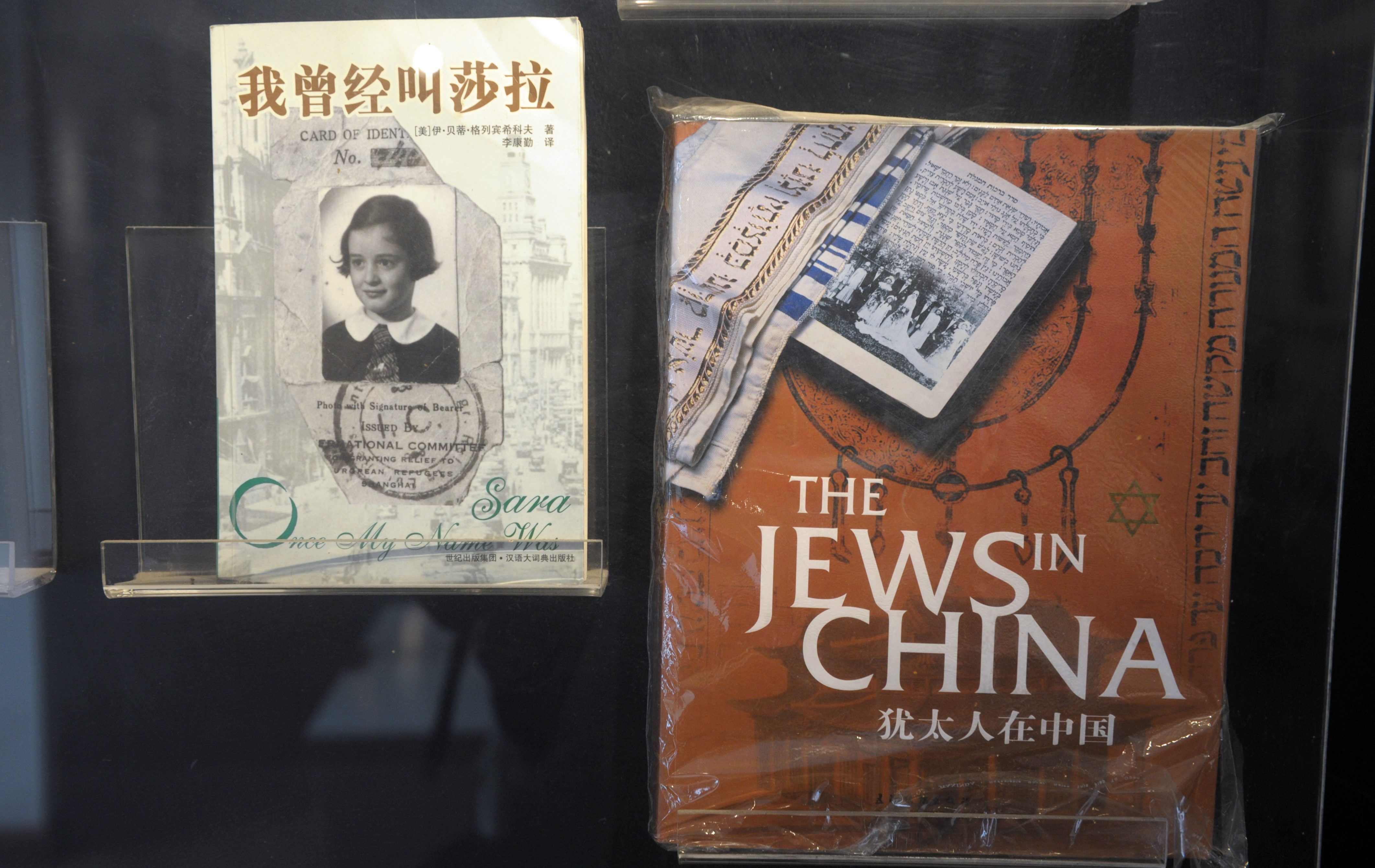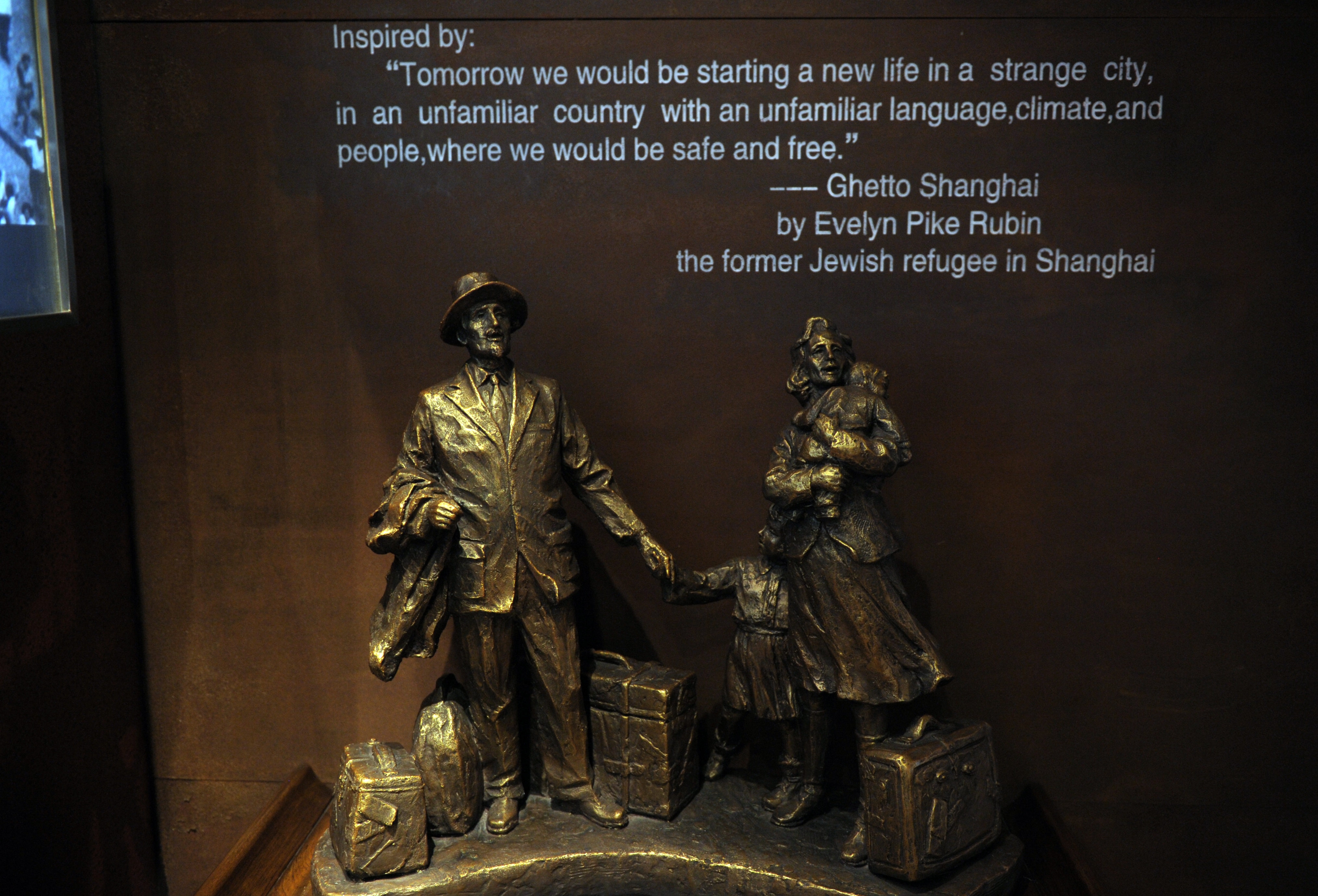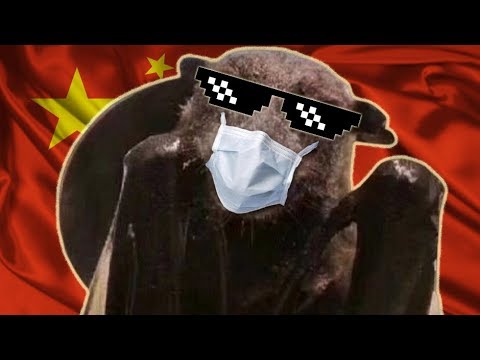
More and more countries are closing their doors to Chinese nationals and suspending flights from China amid the coronavirus outbreak, and China is really angry about it. So angry that it reached for a Holocaust comparison.
China has criticized countries that have implemented such restrictions, reserving much of its ire for the US—which barred entrance to any foreigner that has entered China in the last 14 days—and said its decision was “too unkind.” Even some of China’s friends, including the Philippines and Myanmar, have taken similar steps. China says such decisions contravene the World Health Organization’s recommendations against travel bans.
Israel last week also announced a similar ban against foreigners who have been to China, and got much more than just words of disappointment. China’s acting ambassador to Israel Dai Yuming said during a briefing yesterday in Tel Aviv, “Millions of Jewish were killed, and many, many Jewish were refused when they tried to seek assistance from other countries. Only very, very few countries opened their door, and among them is China,” according to Australian broadcaster SBS. He also blamed the rapid border restrictions on “fake news,” according to Israeli news website Ynet.
Dai was referring to the story of how Shanghai offered refuge to some 20,000 Jews fleeing Europe. The reason they were able to do so wasn’t because of Chinese magnanimity, as China did not control entry to Shanghai at the time owing to the fact that the city was a treaty port with extra-territorial status. As such, it was one of the few places in the world that Jews could get to without having to obtain visas.

PETER PARKS/AFP VIA GETTY IMAGES
A bronze sculpture depicting Jews arriving in Shanghai in the late 1930’s is displayed at the Shanghai Jewish Refugees Museum.
Dai’s account suggests that the Chinese government of the 1930s had the same level of control over its borders as countries do today—which simply wasn’t the case. Shanghai was one of five port cities that China was forced to open up to foreign trade as part of what China calls the “unequal treaties” it signed with Western powers, Russia, and Japan after the First Opium War in 1842. The system would last until 1941, when Shanghai, and the rest of China fell to Japanese forces. Outside of the treaty ports, China was in a state of chaos due to years of fighting between the ruling Nationalist government and the rising Communist Party.
It’s not the first time China has reached for Holocaust comparisons to express its displeasure. Chinese state media last year insinuated that Hong Kong’s protesters were like Nazis by sharing a poem that was written in the style of First They Came by Martin Niemöller, the German pastor who openly opposed Adolf Hitler and was sent to concentration camps. The comparison was roundly criticized.
China may have realized it went a step too far with the Holocaust comparison this time. The embassy in Israel later apologized for Dai’s statement, and said that ”there was no intention whatsoever to compare the dark days of the Holocaust with the current situation and the efforts taken by the Israeli government to protect its citizens.”





